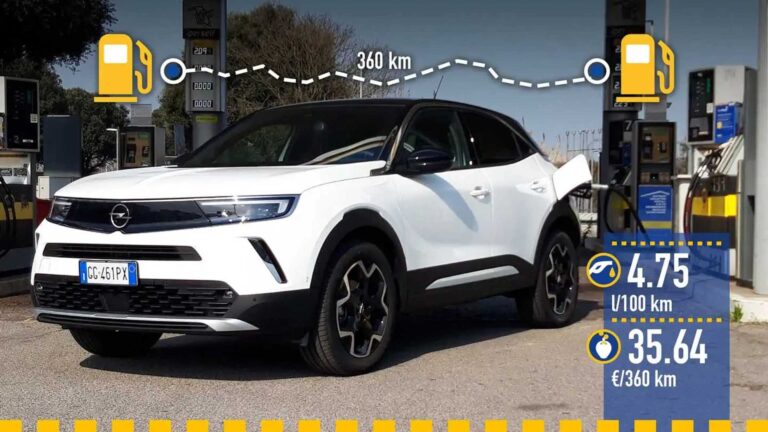Discover effective strategies to reduce fuel costs in your business

In the current economic landscape, fuel prices have proven to be a significant challenge for many businesses. As costs continue to rise, it is crucial for businesses to find effective ways to reduce expenses related to fuel. In this context, various strategies are presented that allow for optimizing vehicle use, improving operational efficiency, and implementing sustainable practices. These actions not only contribute to the financial health of the organization but also promote environmental care.
In a context where fuel prices continue to rise, it becomes crucial for companies to implement effective strategies to reduce their fuel-related operational costs. This article will provide you with various recommendations that will help optimize fuel consumption, improve efficiency, and control expenses that directly impact your profitability.
Promoting efficient driving
One of the key factors in decreasing fuel expenses is promoting efficient driving. Training drivers on best driving practices is an excellent strategy. For example, excessive acceleration and sudden braking can be avoided. It is also advisable to limit idling time, as this can consume a gallon of fuel in just one hour in heavy vehicles. Encouraging the proper use of air conditioning can also help reduce fuel consumption.
Proper maintenance of vehicles
Another fundamental aspect is ensuring that vehicles are in optimal condition. Regular maintenance, which includes oil changes, filter cleaning, and brake inspections, can make a significant difference in fuel performance. Additionally, complying with technical-mechanical regulations is vital to avoid penalties and, at the same time, achieve efficient operation of the vehicle fleet.
Utilizing more efficient vehicles
Considering the renewal of the vehicle fleet can be another way to decrease fuel costs. Modern vehicles tend to be more fuel-efficient compared to older models. Opting for hybrid or electric cars can also be a viable option. According to recent data, hybrid vehicle sales in Colombia have risen considerably, indicating a trend towards lower fuel consumption alternatives.
Optimizing load and unloading
The weight of the vehicle significantly influences fuel consumption. For this reason, unnecessary loads should be avoided, and loads should be organized efficiently to balance weight. Keeping the vehicle light will reduce wind resistance, thereby improving fuel consumption efficiency.
Planning efficient routes
Finally, careful route planning can mean significant fuel savings. Using navigation technologies and updated maps allows avoiding congested roads and optimizing distances traveled. This not only helps save money on fuel but also improves productivity by reducing travel times.
Other considerations for controlling fuel expenses
Implementing rigorous control of fuel-related expenses is essential. Utilizing management software that facilitates tracking the consumption of each vehicle will help detect irregularities and optimize resource allocation. Technological tools such as expense and travel management applications are becoming increasingly essential in modern administration.
Conclusions and next steps
Reducing fuel costs requires a proactive approach and a set of coordinated strategies. Implementing training, proper maintenance, navigation technologies, and expense control are decisive steps that companies can take to improve their economic situation in an environment of constantly fluctuating prices.
Conclusion on strategies to reduce fuel costs
Optimizing fuel costs in a business is essential to ensure not only economic viability but also long-term sustainability. With the continuous increase in fuel prices, it is crucial for companies to adopt effective strategies to manage and reduce these expenses. One of the first actions to consider is implementing efficient driving practices. Training drivers to follow techniques that minimize consumption can lead to significant savings.
In addition to efficient driving, proper vehicle maintenance cannot be underestimated. Ensuring that vehicles are in optimal condition by performing oil changes and periodic inspections can significantly reduce fuel usage. It is also suggested to evaluate the possibility of renewing the fleet with more modern vehicles that offer better consumption performance.
Optimizing transport routes is another essential tactic. Using navigation tools to determine the shortest routes and avoid traffic can contribute to a more efficient use of fuel. Lastly, it is advisable to regularly review and adjust the budget allocated for fuel, integrating new approaches and technologies that facilitate the management of these costs.
Implementing these tips will allow companies not only to reduce fuel expenses but also to contribute to a positive environmental impact, aligning with the growing demands for sustainability in today’s business world. Therefore, it is vital for organizations to take immediate action and continuously evaluate their processes to ensure effective management of their fuel expenses.



